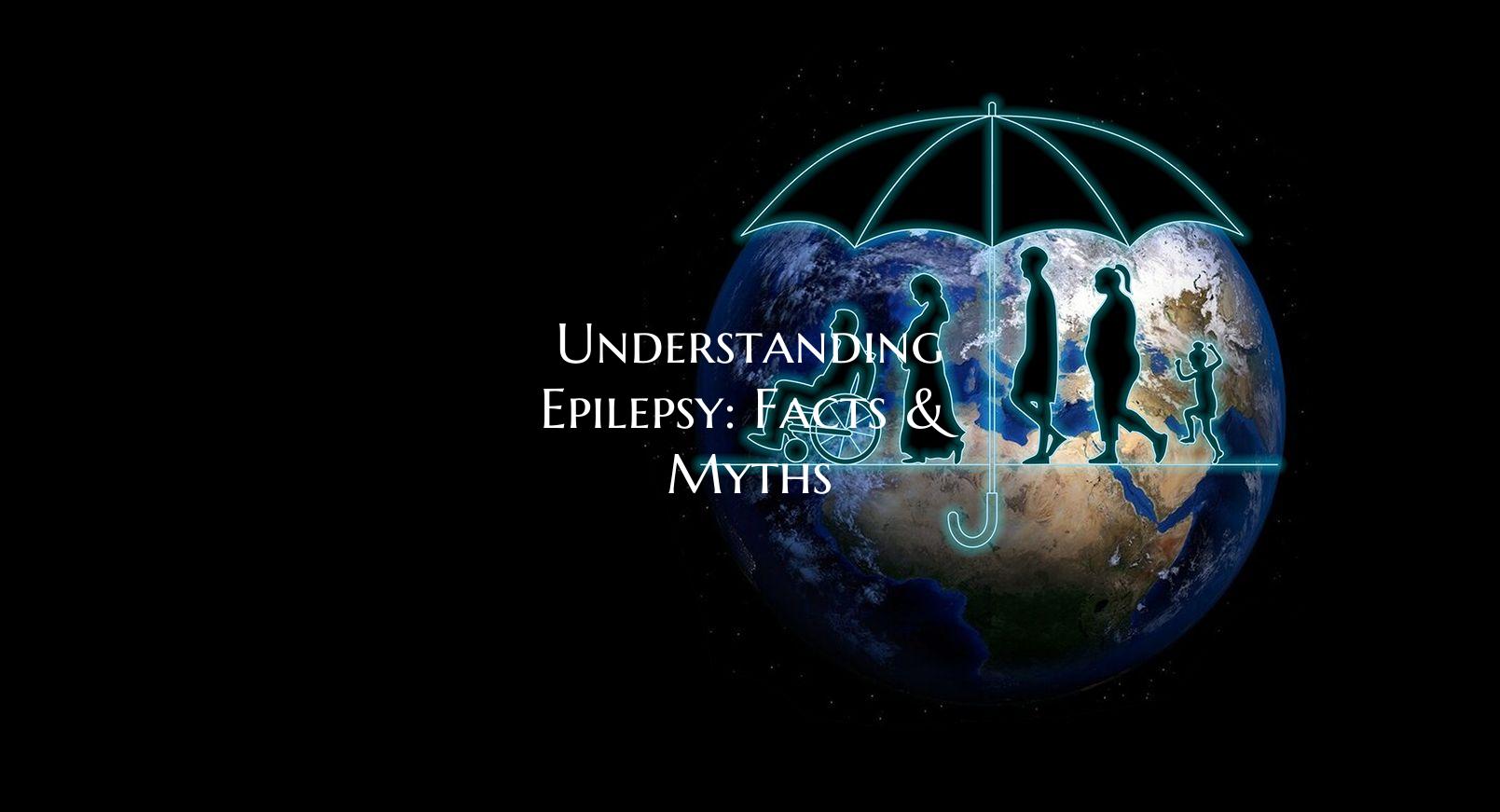
Understanding Epilepsy: Facts & Myths
Epilepsy is a neurological disorder characterized by recurrent, unprovoked seizures. While it affects people of all ages, it is more common in children and older adults. Despite being a well-known condition, epilepsy is often surrounded by numerous myths and misconceptions. By understanding the facts and dispelling the myths, we can create a more informed and inclusive environment for individuals living with epilepsy.
Facts about Epilepsy:
1. Seizures are the hallmark symptom of epilepsy but not all seizures are due to epilepsy. Seizures can occur due to various factors such as high fever, head injury, or certain medical conditions. Epilepsy is diagnosed when a person has had two or more unprovoked seizures.
2. Epilepsy can be caused by a variety of factors, including genetic predisposition, brain injury, infection, or developmental disorders. In many cases, the cause is unknown.
3. Most people with epilepsy can control their seizures with medication, lifestyle modifications, or surgical interventions. It is important for individuals with epilepsy to work closely with healthcare providers to find the most effective treatment plan.
4. People with epilepsy can lead full and productive lives. With proper management and support, many individuals with epilepsy are able to pursue education, careers, and hobbies just like anyone else.
5. Epilepsy is not contagious. It is a neurological condition that affects the brain's electrical activity and has nothing to do with being "infectious" or a result of someone's actions.
Myths about Epilepsy:
1. Myth: People with epilepsy are mentally ill or intellectually disabled. Fact: Epilepsy and intellectual abilities are not directly related. Many people with epilepsy have average or above-average intelligence.
2. Myth: Seizures are always life-threatening. Fact: While some seizures can be dangerous, the majority of seizures are not life-threatening. It is crucial to provide a safe environment during a seizure and seek medical attention if necessary.
3. Myth: Epilepsy is a rare condition. Fact: Epilepsy is more common than many people realize, affecting approximately 50 million people worldwide. It is not as rare as commonly thought.
4. Myth: You should restrain someone having a seizure to prevent harm. Fact: It is recommended to create a safe space around the person having a seizure, remove harmful objects, cushion the head, and stay with them until the seizure ends naturally. Restraints can cause injury.
5. Myth: Individuals with epilepsy cannot live independently. Fact: With proper management and support, many people with epilepsy lead independent lives, hold jobs, drive, and engage in social activities.
By understanding the facts and dispelling the myths surrounding epilepsy, we can support individuals with epilepsy in leading fulfilling lives free from stigma and misconceptions. Education and awareness are key in fostering an inclusive society for all individuals, regardless of their medical conditions.